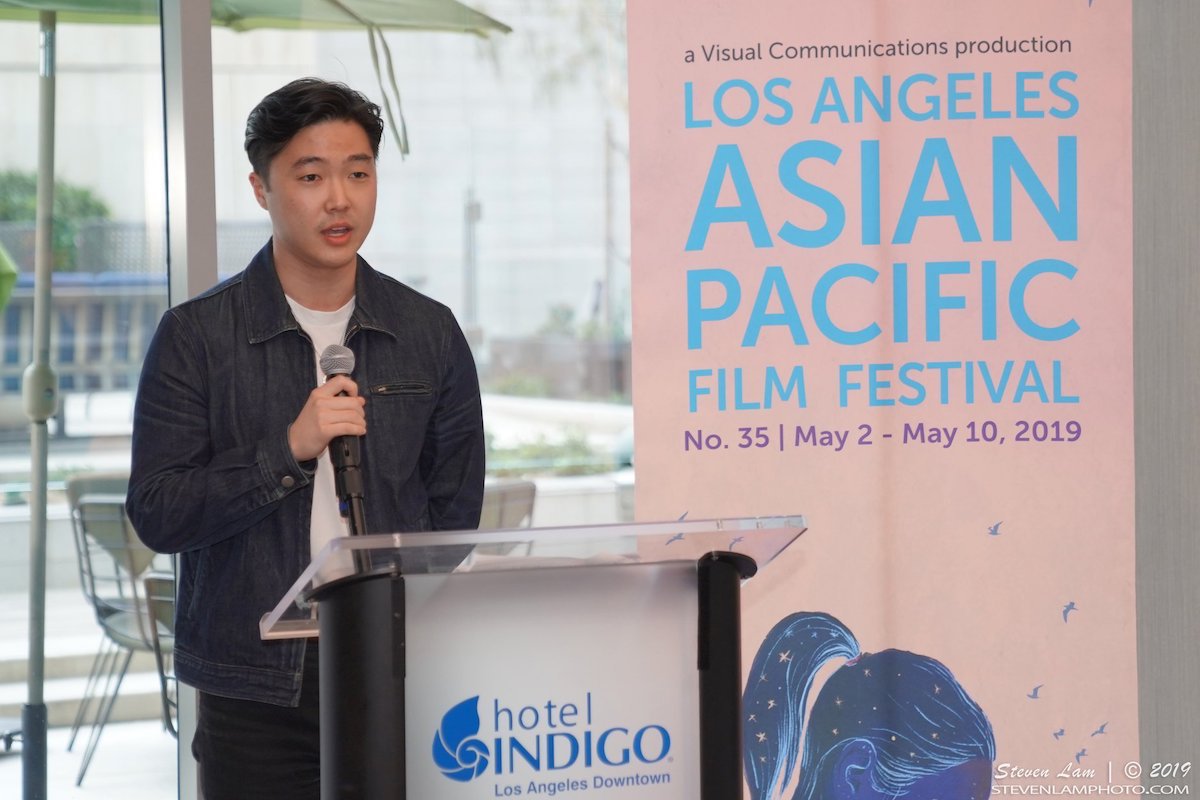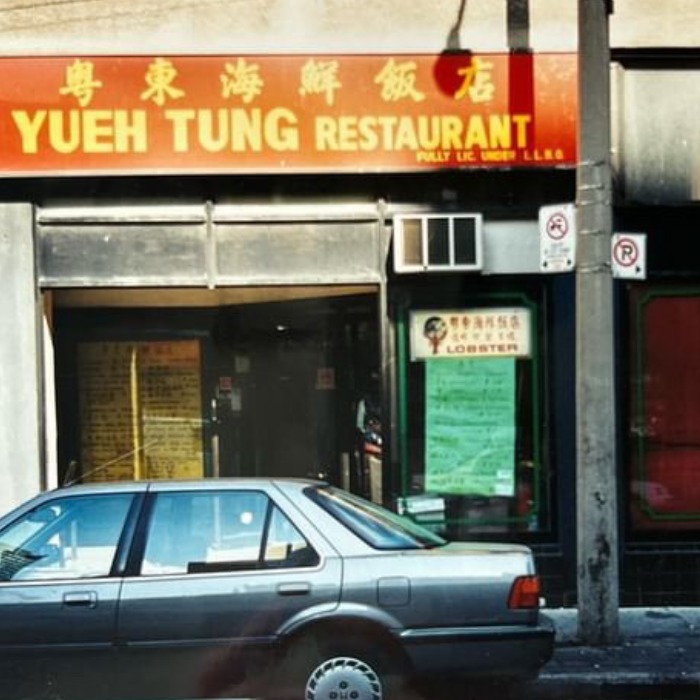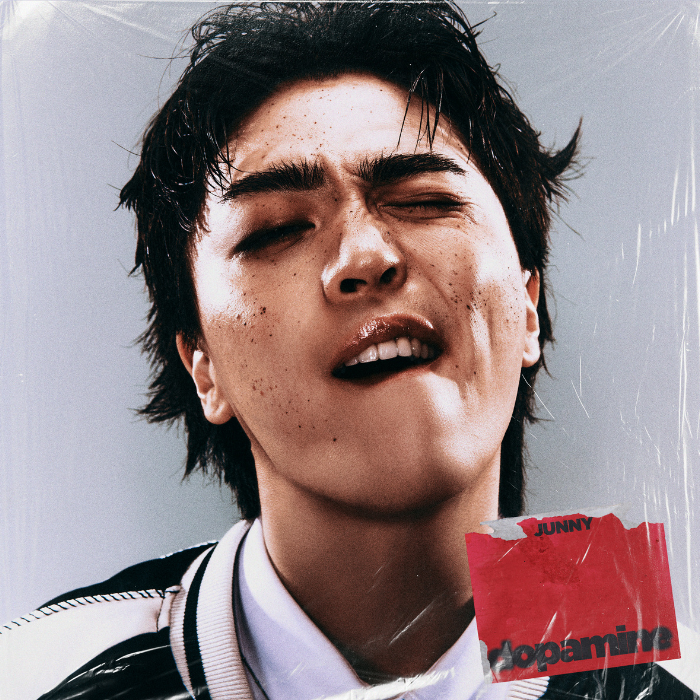When William Yu launched the #StarringJohnCho campaign in 2016, he had no idea the kind of impact it would have on Hollywood and the public.
“I thought at least a handful of outlets would pick it up and talk about it. But I could in no way fathom that it was going to become a global movement and that we would get attention from people inside and outside the industry,” he said.
“I don’t think I really saw the amount of reach that it was going to have outside the Asian and Asian-American community [either]. I thought this was a fun project, but I also thought that there was a ceiling. And when it came out, the ceiling just disappeared.”
The 2016 Oscars was the catalyst of the viral campaign, according to Yu. After host Chris Rock mocked three Asian kids over their race, the 29-year-old knew he had to take action to shift the public’s notion of what it meant to be Asian-American.
The success of #StarringJohnCho is also what inspired Yu to leave his career in advertising to pursue a dream of screenwriting. In 2018, his feature script “Love You, Charlie” won the screenplay competition at the New York Asian-American International Film Festival.
“What’s great about #StarringJohnCho is that the point has been made now. It’s understood that there’s a huge audience, there are people that are not even Asian, who want this type of content. Now it’s a matter of going out and making these films and TV shows and putting our money where our mouth is,” he said. “Let’s not just critique culture or critique the way our systems are working, but let’s start contributing and participating in it.”
Yu, who is Korean-American, has always been passionate about representation thanks to his unique upbringing. The screenwriter was born in Philadelphia, but moved to Hong Kong at the age of five. After seven years, his family moved back to the States and settled in Boston. It wasn’t until after college that Yu moved to New York and then Los Angeles, where he currently resides.
Read on to hear about Yu’s experience growing up without Asian representation, where he thinks Hollywood’s landscape is heading, and what it was like to meet John Cho himself.

On growing up without proper Asian role models
Growing up, I basically had little to no idols or people that I really felt like I related to on a personal level. Especially from a media perspective, there were very few Korean-American international individuals who you would see on TV, movies, magazines, music… I think [that] very much filtered down into how I saw myself and, you know, what it meant to be a man, what it meant to be attractive, what it meant to be charismatic or a leader.
There had always been a gap, and so for me, I always had to look for those [role models] either in things outside media or look at media and really understand that this is not my experience but I’m going to have to take little snippets of people or characters that I saw to inform how I wanted to be as a person.
“Growing up, I basically had little to no idols or people that I really felt like I related to on a personal level… I think [that] very much filtered down into how I saw myself and, you know, what it meant to be a man, what it meant to be attractive, what it meant to be charismatic or a leader.”
On what #StarringJohnCho has taught him
Hearing [director Jon M. Chu] mention #StarringJohnCho as a lightbulb moment where he could go out and make something like “Crazy Rich Asians” is insane. I had to pinch myself a couple times.
Jon Chu is a prime example of what I had hoped #StarringJohnCho would do — to just kind of flip a light. To just make people realize that what you’re seeing and watching, it doesn’t have to be just that. You can take a little agency into your own life and you can make change happen on whatever level you can. Especially in the Asian community, we often feel like we have to ask permission before we [make a] move. That ends up hindering our ability to push culture forward and I think what #StarringJohnCho is very emblematic of is asking forgiveness rather than asking for permission.
When you’re well intentioned in going about making this kind of stance, oftentimes it can have a really impactful result.
On meeting John Cho himself
It was 2016, I was based in New York at the time and John was in New York doing press for “Star Trek.” His manager DM’d me and said, “Hey, what’s your number? John wants to get in contact with you,” which is absurd. And then [John] reached out to me.
It was really great to just meet him and not have him blow up at me. Throughout the project, there was always the risk that 1) John would send me a cease and desist letter, or 2) any of those companies that I was poking fun at could shut it down. He was really gracious about it and one thing I really appreciated about John was that he also understood where the conversation was going. As much as #StarringJohnCho was about him, he was very aware that it’s not about him at all. It’s really about representation at a higher level and I think he got that right away.
It was a great night, we had a lot of fun. We did a little bar hopping, had dinner. He’s a very nice guy. I think he took a photo with every single person who came up and asked, too.
On the Hollywood landscape today
We’re at a point where it’s proven that if you have Asian leads your product will not falter. Oftentimes, it’s always a dollars and cents kind of conversation [in Hollywood]. I think what Asian August and what a lot of the films that are coming out now are proving is that there are actually lots of dollars to be had by tapping into this community and by nurturing and developing these talents and artists.
To that end, in my mind and from what I understand from the industry, is that the momentum won’t stop because there’s money to be made. We’re living in a time now, which is pretty unprecedented, in which a lot of storytellers who come from Asian backgrounds realize that they wield the power to tell their own stories and that they no longer have to be dependent on others to grant them the ability to tell that story.
As long as there’s a desire to share the worlds that we come from, I don’t see that momentum faltering any time soon.
On feeling a responsibility to tell Asian stories
I want to tell the stories that matter to me or that I want to see that I don’t think exist yet. Of the projects that I’m working on now, they all feature Asian-American leads. As I’m getting into this [screenwriting] world, I’m also realizing that I’m one slice of this massive spectrum that is the Asian-American experience.
[I’m] also understanding that the things I write aren’t going to necessarily hit the right tone or the right point with all Asian audiences, but realizing that this is my slice that I have to offer. It’s no less or no more valid than your slice, but in order for us to get to where we want to go to, we all have to start contributing our perspectives. Otherwise, the world or the outside communities will continue to see Asians as one solid monolith that has no specificity to it. And what we’re seeing with movies like “The Farewell,” specificity can be universal. That’s where all the details and nuances of your family and the ways you’ve grown up and the ways you live your life actually all inform a very universal, human trait and behaviour, and I think that’s something that audiences find they can take interest in.
“We’re living in a time now, which is pretty unprecedented, in which a lot of storytellers who come from Asian backgrounds realize that they wield the power to tell their own stories and that they no longer have to be dependent on others to grant them the ability to tell that story.”
On what young Asians in media should know
The first thing I can say is continue to live the notion of “ask for forgiveness not permission.” I feel like there’s almost always this notion of “if no one sees this in me, then I can’t go do it.”
In this time that we’re living in, taking action is the first step. It’s just putting yourself out there. Don’t expect that the first thing you make is going to be the perfect thing, but there is merit in just going out and making. No one is ever going to tell you that this is the right time to go out and make this thing happen. You just have to go out and do it for yourself.
Failing fast is [also] a notion I wish I had known when I was [first] thinking about writing and film. Failing fast means to trial and error as much as possible and as fast as possible and learn as much as you can from those experiences. [Don’t] take everything that you do as the end-all, be-all of [your] career, but think of it as everything is just leading to the next thing, of learning how I can do the next thing better.
Especially with Asian communities, what I’ve found is that we want to do everything A+ the first time. We want everything to be done so perfect, so meticulously on the very first try. In this creative field, there are very few times where you’re going to do something exactly perfect the way you want it. To let the perfect get in the way of the good is actually a disservice to you because it’s blocking your ability to fail and then learn from that failure.
This interview has been edited for length and clarity.











